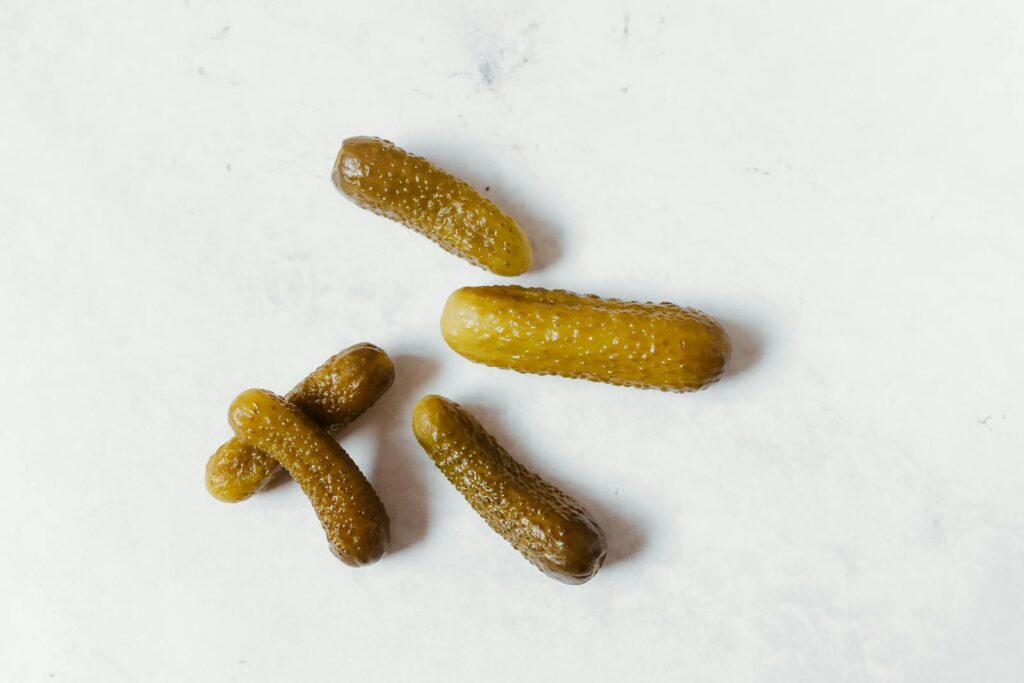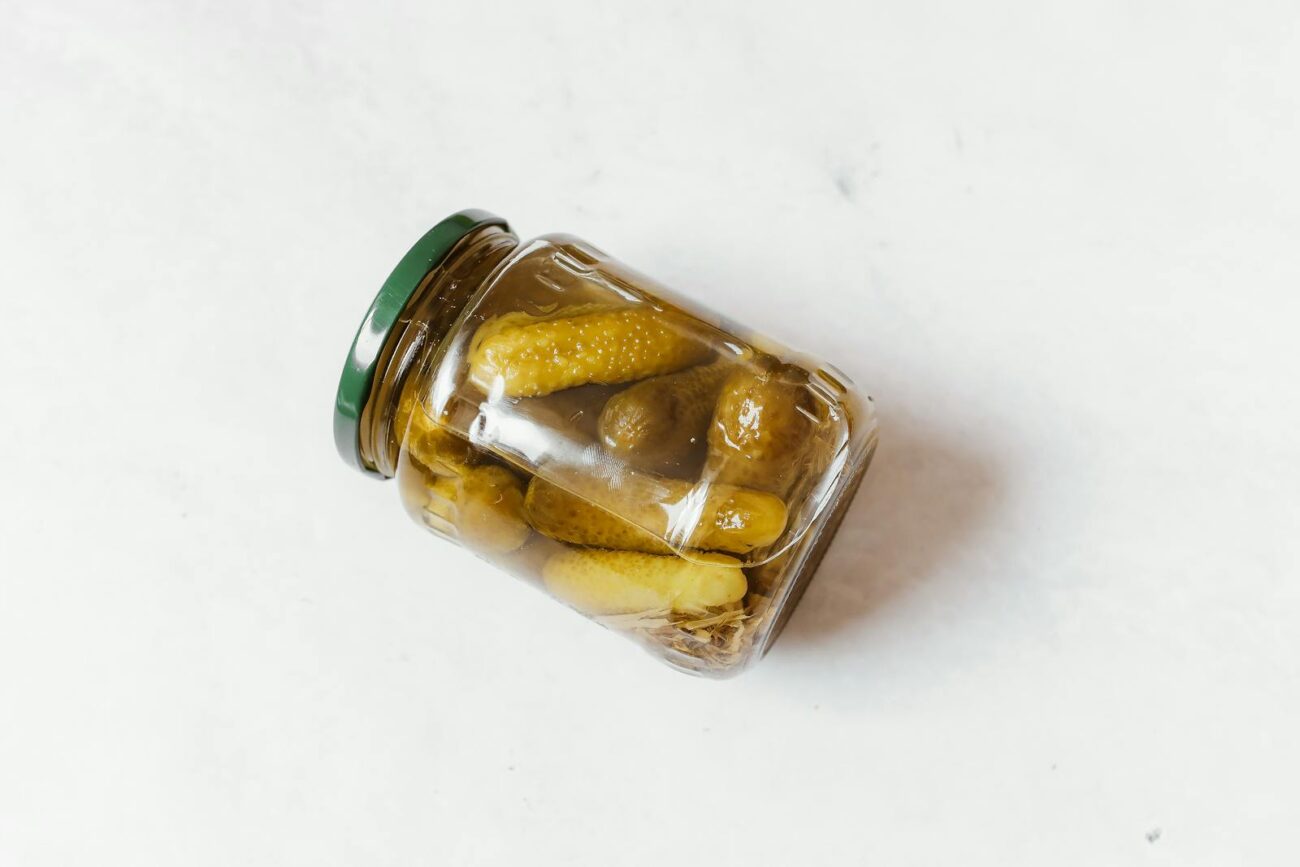Pickled cucumbers—commonly known as pickles—are more than just a tasty topping for burgers or a sidekick to your sandwich. These tangy, crunchy snacks offer a surprising number of health benefits, especially when made the traditional way through fermentation.
Whether you enjoy them for their flavor or are curious about their nutritional value, here’s why pickled cucumbers deserve a spot in your pantry—and maybe even your daily diet.
What Are Pickled Cucumbers?
Pickled cucumbers are cucumbers that have been preserved in a solution of vinegar or saltwater brine. There are two main types:
- Vinegar-Pickled Cucumbers: Soaked in vinegar, spices, and sometimes sugar. These are more common on store shelves and offer a tangy, sharp flavor.
- Fermented Pickles (Lacto-fermented): Made by allowing cucumbers to ferment naturally in a saltwater brine. This process creates beneficial bacteria (probiotics) and a more complex, sour taste.
Top Health Benefits of Pickled Cucumbers
1. Gut Health & Probiotics (fermented pickles only)
Fermented pickles are rich in probiotics, the good bacteria that support a healthy gut microbiome. A well-balanced gut flora can improve digestion, enhance nutrient absorption, and support immune function.
✅ Tip: Look for “raw,” “unpasteurized,” or “fermented” labels to ensure you’re getting probiotics. Vinegar-based pickles usually don’t contain live cultures.
2. Low in Calories, High in Flavor
One medium-sized pickle has around 5–10 calories but packs a punch of flavor. This makes them a great snack for those watching their weight or looking to reduce high-calorie condiments.
3. Rich in Antioxidants
Cucumbers, even when pickled, contain antioxidants like vitamin A and flavonoids that help neutralize free radicals and reduce inflammation.
4. Source of Essential Micronutrients
Pickled cucumbers can provide small amounts of vitamin K (important for blood clotting and bone health), potassium (helps regulate blood pressure), and magnesium.
5. May Help with Muscle Cramps
Some athletes swear by pickle juice as a remedy for muscle cramps. The electrolytes (especially sodium) in pickles may help replenish what’s lost during intense exercise or sweating.
🧪 A small study published in Medicine & Science in Sports & Exercise found that pickle juice relieved muscle cramps faster than water.
6. Appetite and Blood Sugar Control
The vinegar in pickled cucumbers may help regulate blood sugar levels and increase satiety, reducing appetite after meals.
🍽️ Vinegar can slow the digestion of carbohydrates, leading to a more gradual rise in blood sugar.
Are There Any Downsides?
While pickles have health benefits, moderation is key:
- High in Sodium: Most pickled cucumbers are salty—just one can contain over 500 mg of sodium. Too much sodium can raise blood pressure and strain the kidneys.
- Acidic: The vinegar and salt can aggravate acid reflux or sensitive stomachs.
- Commercial Additives: Some store-bought pickles contain artificial preservatives, dyes, and added sugars. Read labels carefully.
How to Get the Most Benefits
- 🏠 Make your own fermented pickles at home with a simple salt brine and cucumbers.
- 🛒 Choose raw, fermented, or “live culture” pickles from health food stores or farmer’s markets.
- 🍽️ Pair with fiber-rich foods to balance the salt and enhance digestion.

Pickled cucumbers are more than a crunchy, tangy side—they can be a flavorful addition to a healthy diet. From gut-boosting probiotics to antioxidant support, they offer surprising perks in a small package. Just watch the salt, choose natural options, and enjoy them as part of a balanced, colorful plate.
So go ahead, add a pickle to your next meal—and know that your taste buds and your gut will thank you.
Do you love pickles? Fermented or vinegar-based?
Share your favorite kind (or recipe) in the comments below!

